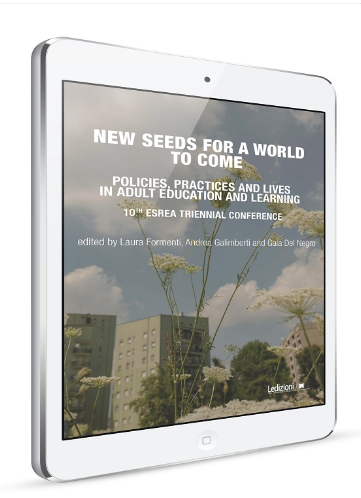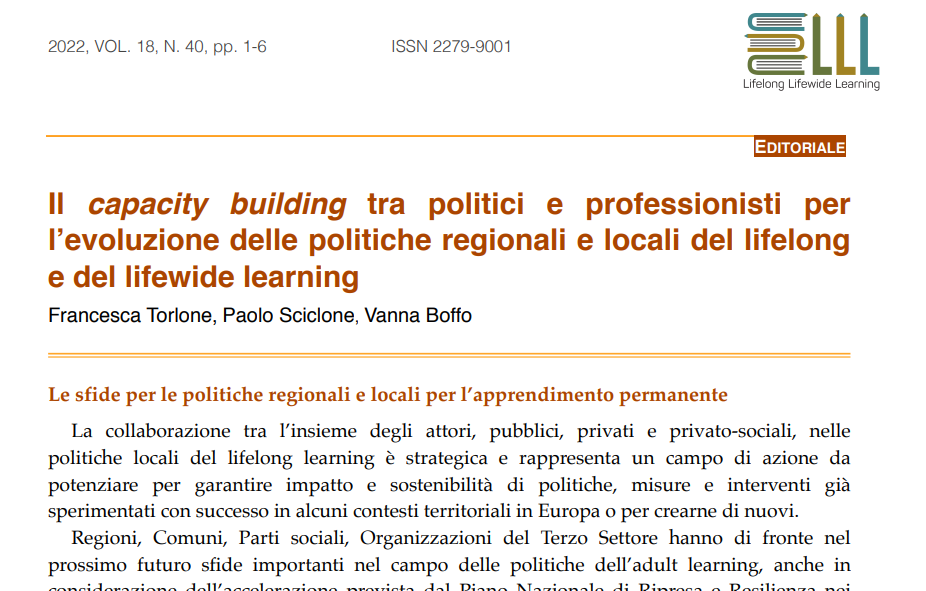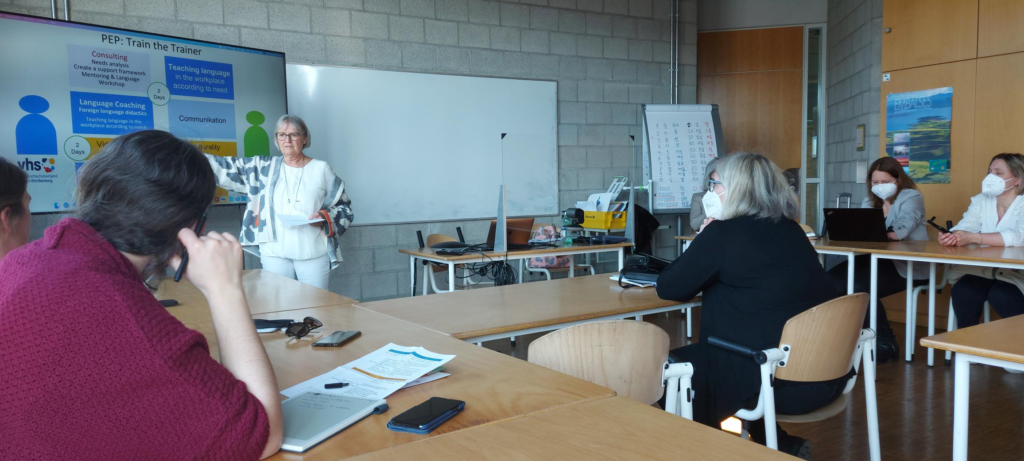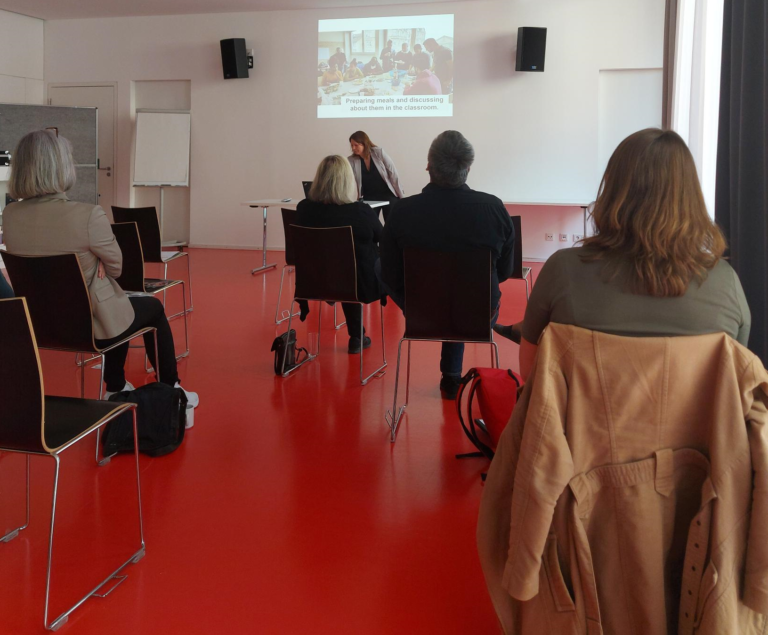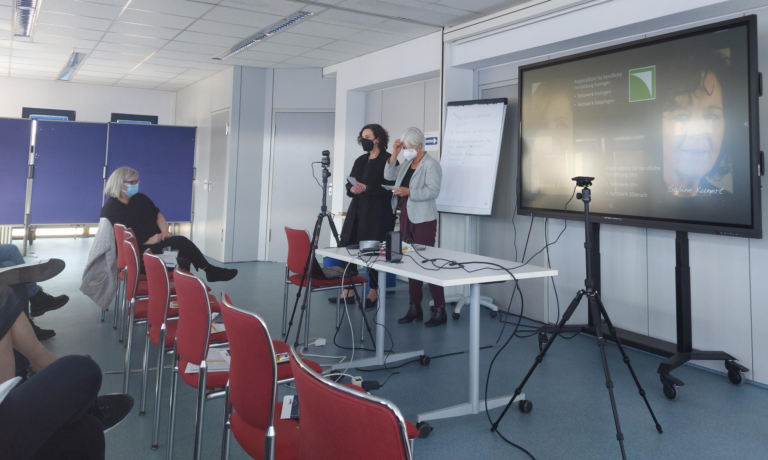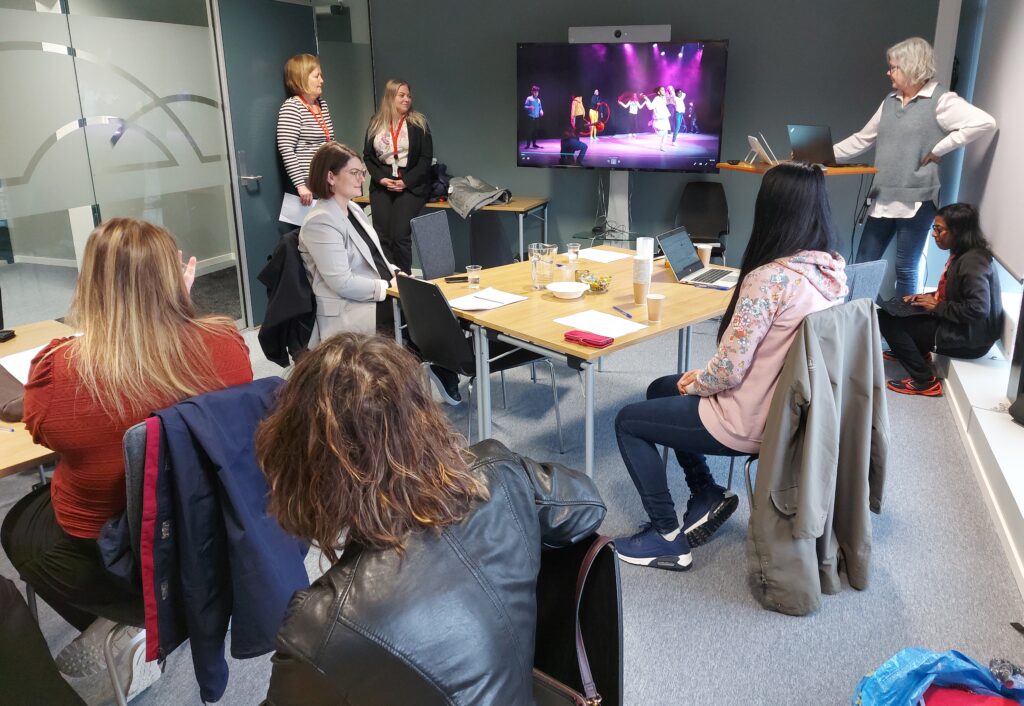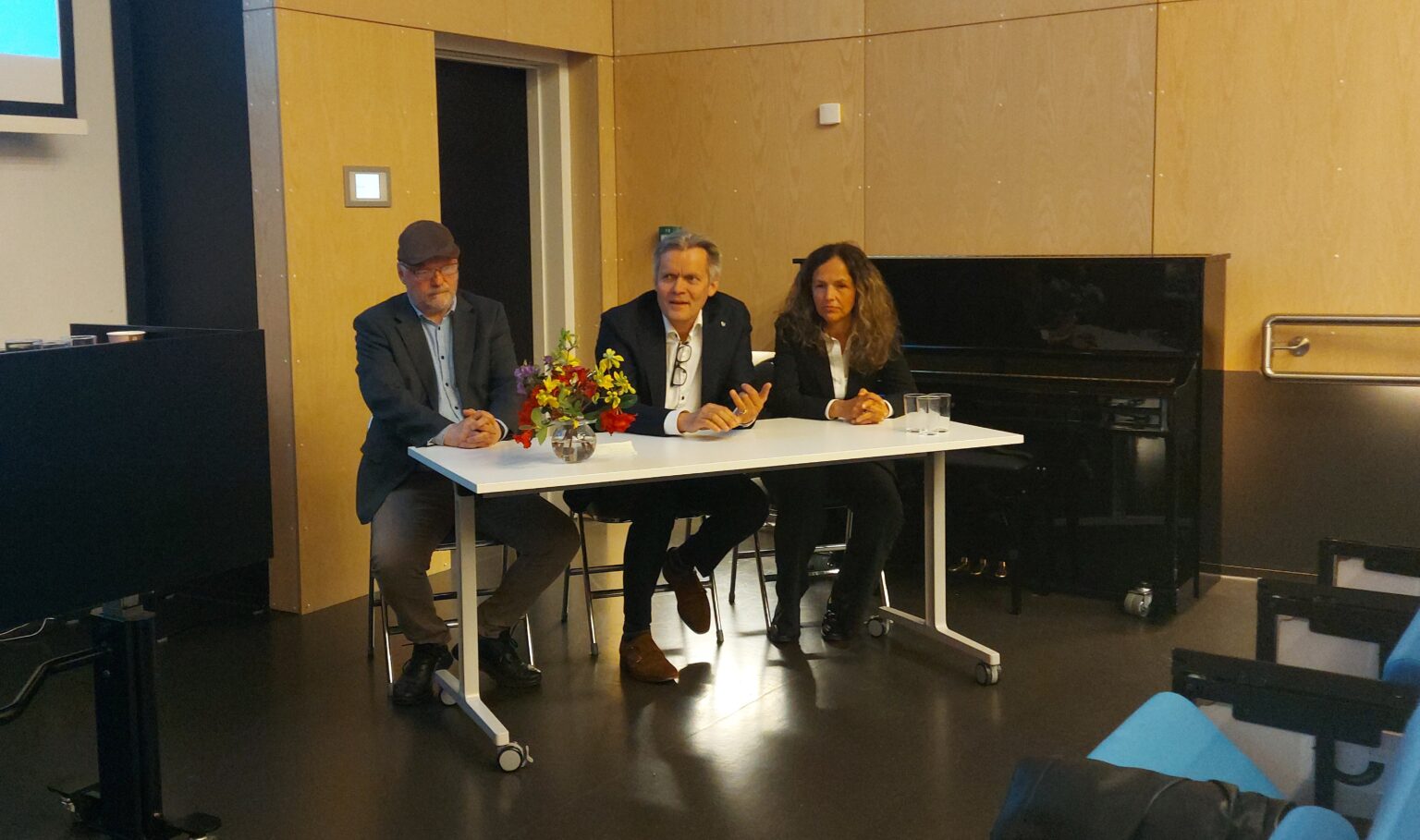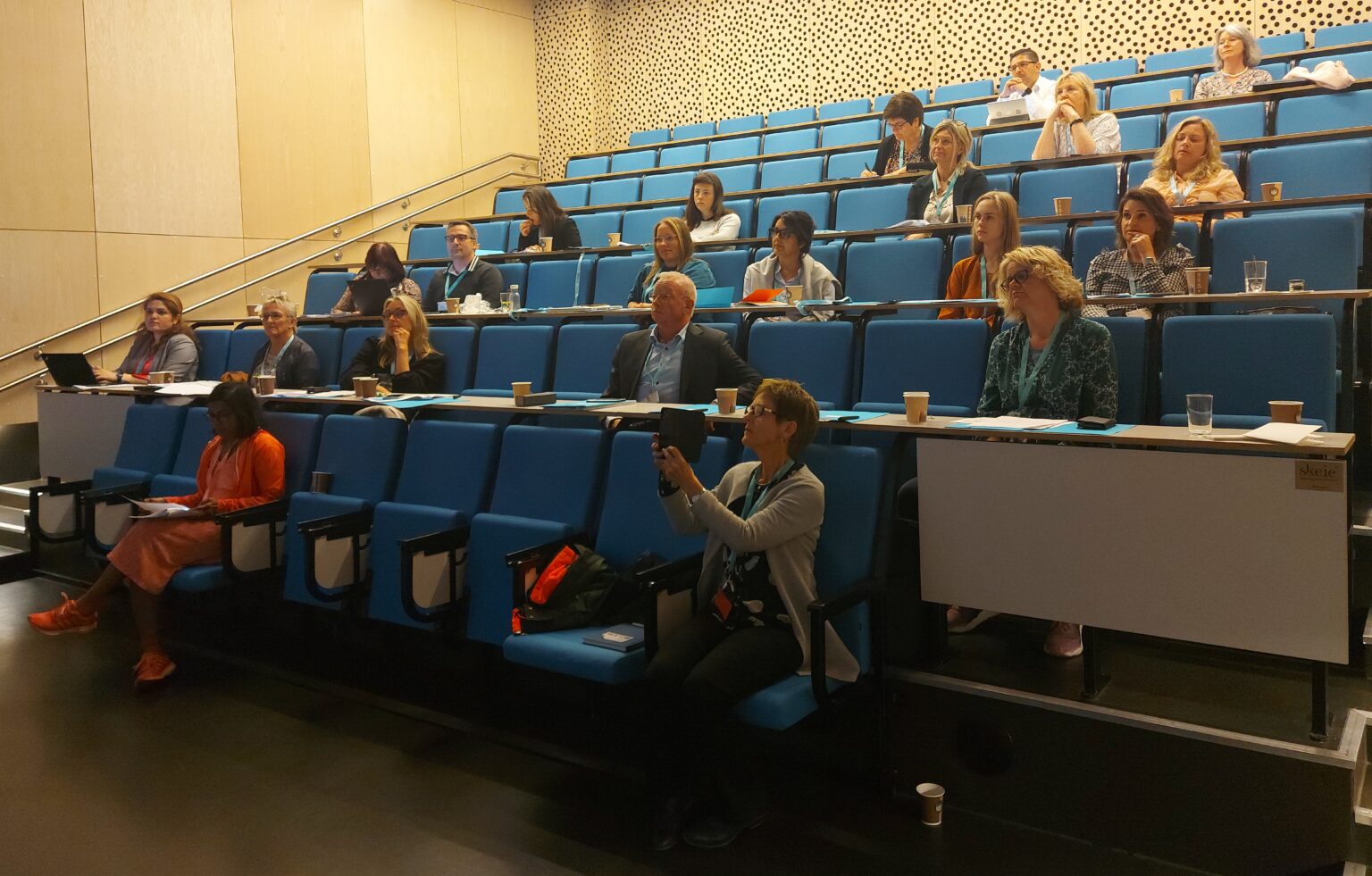"Travel to learn": GO!'s experience in Lucca
Written by GO! colleagues. This article includes only an excerpt of the original text. The original text is available in Dutch.
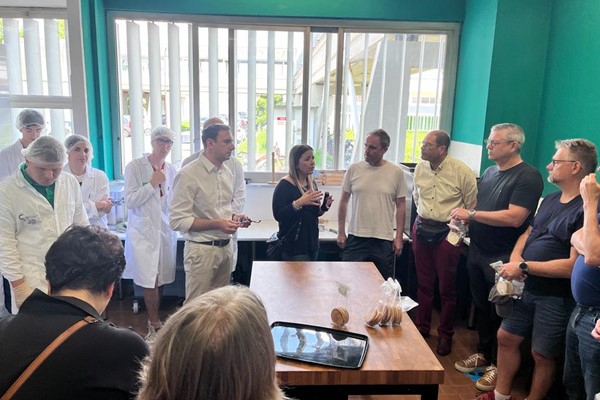
Anyone who wants to help determine policy in their industry must know what is going on and what is needed. If that sector is education, you cannot do without listening to the voice from the schools. Initially in Flanders itself. But learning more about things abroad and seeing how they do things can also be useful. Some colleagues therefore moved to Europe at the end of last school year. Gerd De Roeck (central services GO!, HR policy) went on a study trip to Aalborg in Denmark, Daisy Denolf and Davy Vandenberk (central services GO!, adult education) and some CVO colleagues ended up in Lucca, Italy. And Peter Goyvaerts (central services GO!, Network-wide support and Development) went to Bilbao in Spain together with the management council and general managers of the school groups. We asked them about their experiences.
Where did you go for the study trip and why exactly did you choose this destination?
The study trip to Lucca was a joint initiative, a joint venture between the Adult Education team at the central services and the directors of the 10 GO! Centers for Adult Education. The study trip was part of our Erasmus+ accreditation for adult education. With this collaboration they had two major objectives: on the one hand, they wanted to promote cross-class and subject-breaking work in various degrees of contact and distance education. This also included realizing 100% distance learning with the option for students to put together a package. On the other hand, they aimed to close the digital divide and stimulate online learning for disadvantaged groups. In other words: promoting inclusion in adult education. And of course, this collaboration also served to strengthen the ties between the directors of the (remaining) GO! CVOs , after the heavy restructuring wave that took place between September 2017 and September 2020.
The study trip to Lucca was a second study trip with this group. A year ago they went to Dublin together. This time the trip was prepared by Davy Vandenberk and Marleen Mast. Marleen is director of GO! CVO Crescendo (Mechelen). Marleen has had a network in Lucca for some time and contacts with the Ufficio Scolastico Regionale per la Toscana. For this study visit, Marleen, together with Davy, continued to build on the contacts she has already established with a view to sharing knowledge and expertise regarding adult education and lifelong learning in Tuscany and Italy in general and the two objectives mentioned in particular.
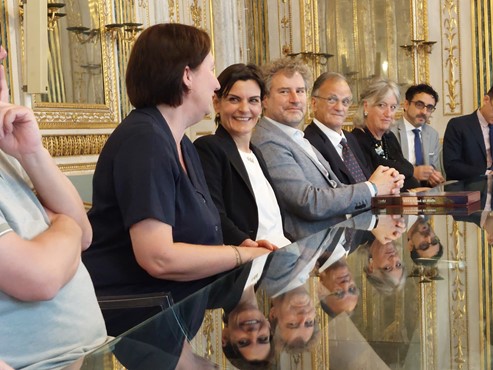
What were the educational themes discussed during the study trip?
One of the issues discussed during our study visit was quality control of education and how you can introduce a different method. The financing of education in Italy and more specifically adult education was also discussed. What role does higher government play, which role is reserved for private initiatives and regional actors? Finally, we also talked about inclusion in lifelong learning.
How can the approach to the educational themes discussed during the study trip
in the country or region of your destination be reconciled with the direction we are taking with the GO!?
They focused on inclusion, among other things, by visiting initiatives and projects such as Club Job in Lucca, where – a form of – second chance education was set up for young people who are at risk of ending up in a NEET situation. The structured approach with a view to avoiding unqualified outflow is a learning point for the Belgian delegation.
In the Polo scientifico Tecnico Professionale ‘E. Fermi – G. Giorgi’ they visited, among other things, the Chef Lab, there was a fully equipped kitchen that was built with the aim of making students self-reliant in the kitchen with the ultimate goal of living independently. The design of the kitchen was that the students use and maintain the space independently, whereby the students are guided in the cooking or baking process by a presentation and supported with a written and visually supported recipe book. The technical institute is very committed to inclusion, where in addition to the Chef Lab, 1-on-1 guidance was also provided for students with specific needs.
How would you like to see the knowledge or inspiration gained flow through to GO!?
The composition of the delegation, especially the broad group of GO! stakeholders in adult education, is in itself a guarantee of the flow of the knowledge acquired.
